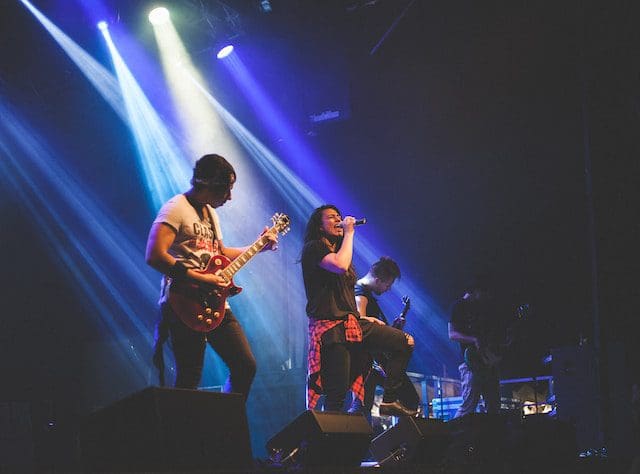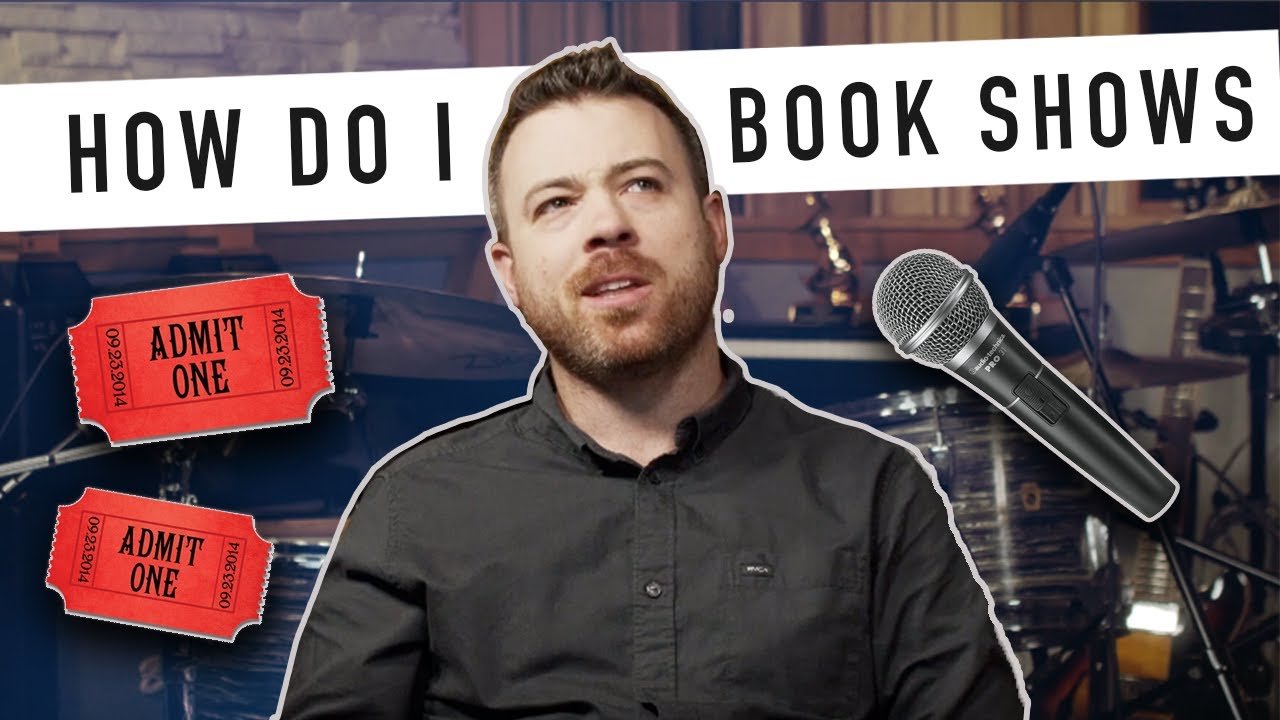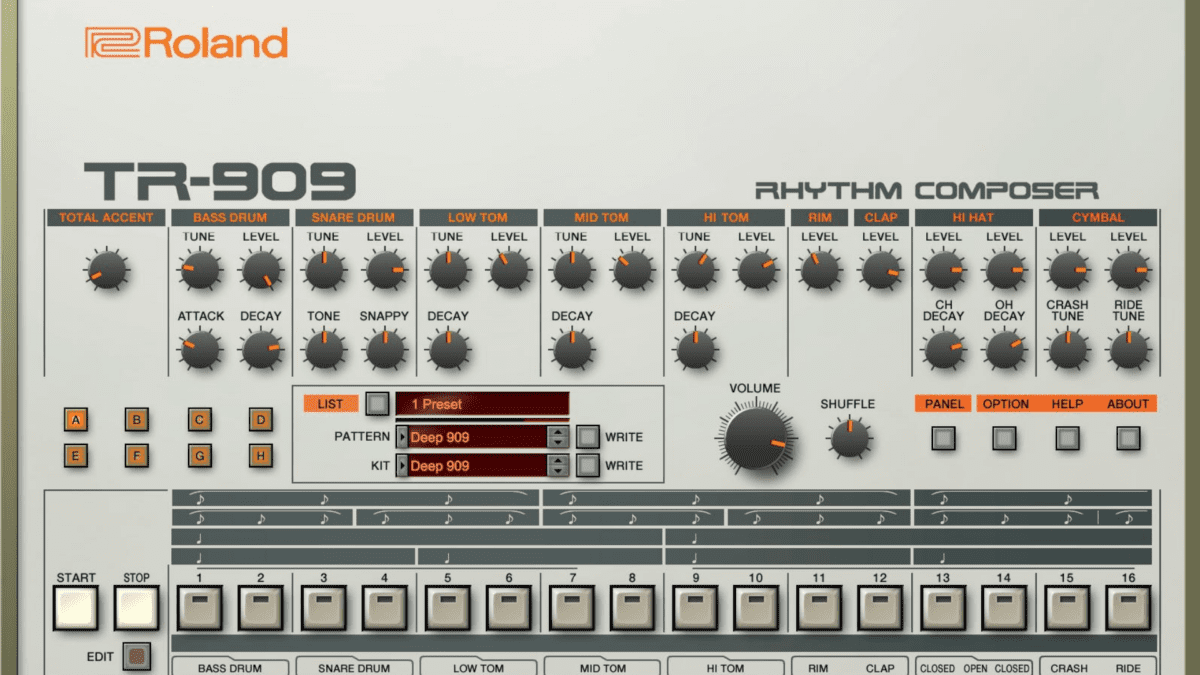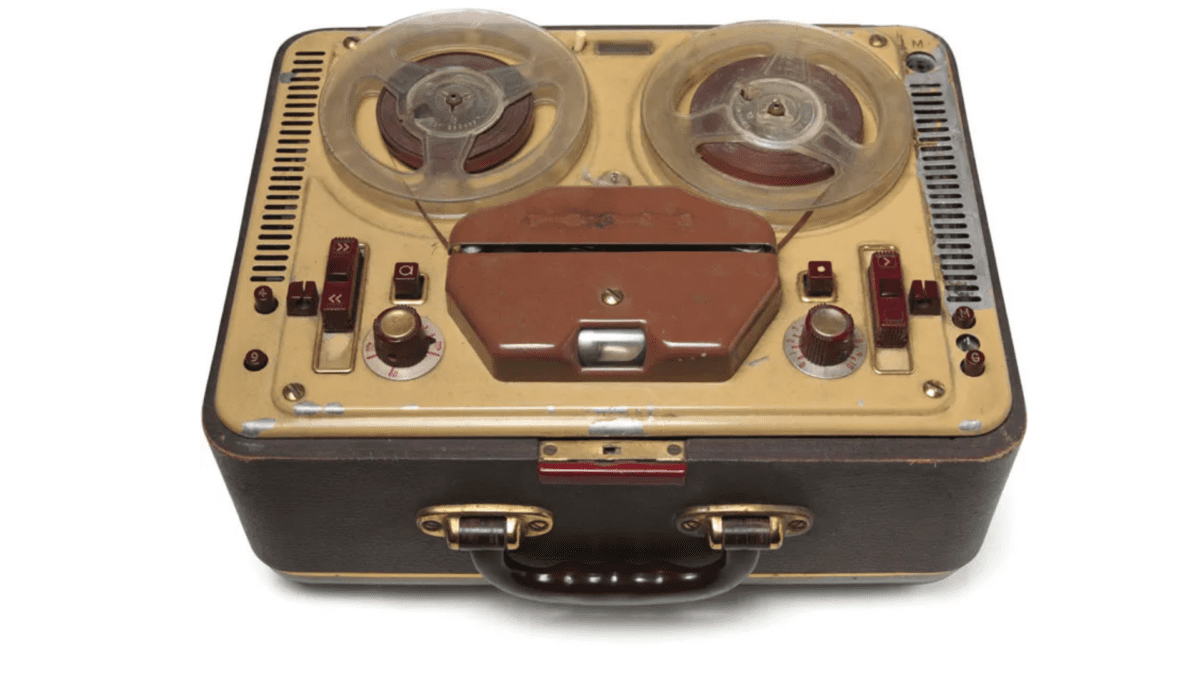It’s often useful to look at the initial requirements in terms of how to put on a gig as “The 5 W’s.” They outline the most important aspects of planning a live show, and will act as a guide during what can be a stressful time! You need to remember that to put on a successful gig, you will need to book a venue, hire any necessary staff, create a budget, advertise the event etc. and ensure that all the necessary permits and licenses are in place. Additionally, you will need to book performers, sound and lighting equipment, and any other necessary services. Finally, coordinate all the details and make sure everything runs smoothly on the day. So let’s put that into context and use the 5 W’s.
How To Put On A Gig – The 5 W’s
Why?
Why are you putting on the show? Consider whether you’re doing it for money, promotion or just the love for playing live shows. This will help motivate you. Also, think about other live shows in the local area and why yours will be better/different to theirs.
Who?
Who are you marketing the show to? Who is the local market and will they like your music? What do they do in their spare time, what other artists/bands do they like? Find out as much as you can about these people so you can effectively market your show to them. Who is going to help you host it? Think about promoters, venue owners and who is going to be working with you.
Where?
Where are you going to host it? Where is the venue and what is the capacity? Do they have a bar? There are many things you have to consider, including the size, history and accessibility of a venue. The venue itself doesn’t have to be Wembley, but it must serve the needs of your audience and the artists performing. It’s also worth carrying out a risk assessment and enforcing the appropriate measures to ensure health and safety laws are abided by. This might sound quite boring, but this will protect you in case something goes wrong.
What?
What do you need, and what makes it different from other events in the market?
How To Put On A Gig – Other Essentials
How To Put On A Gig – Costs
Costs will be an important part of your live shows, but they don’t have to be extravagant. Rule out unnecessary costs early on, and don’t be too ambitious with projected income. Be realistic. The first show you ever put on by yourself can be daunting, so it’s important to know all the areas that need to be considered beforehand.
Equipment
Does the venue have its own equipment or do you need to bring your own? If you are hosting a gig with other bands, you’ll normally need to supply a backline (amps, drum kit and a PA system). It also doesn’t hurt asking your friends if they or anyone they know has some spare equipment. You may also be surprised to find out that your friend’s dad was in a famous 1970’s rock group…
Crew
For a gig that is somewhat low profile, the crew will not necessarily be vital. However, the larger the venues get and the more equipment you need, hiring a few extra people definitely helps. Certain key roles include roadies, security and sound technicians.
Licenses
Most live music venues will already have the appropriate licenses for hosting live events, but always carry out a risk assessment, and double check that they have the right licenses, such as an alcohol license.
Stage Production
If you want to give your show a little bit more glamour, you’ll have to consider the value that stage production can add. Smoke machines and strobe lights often seem to be popular, but be careful about visibility and also the effects that strobe lighting could have on some audience members. Lighting and other elements can add value to your live show, but they should never distract people from the music itself.
Hopefully, you’ll be gigging regularly at this point, and earning a fair amount of money. Gigging is important for artists who are just starting out, as it can mean multiple sources of income, including; payments, merchandise sales, ticket splits, bar splits and performing rights income.
In Summary of How To Put On A Gig
Even most of the largest artists depend on performing live in order to sustain their careers and make a decent income, so don’t be afraid to get out there as much as possible. Additionally, the more you get out there, the more chance you have of getting spotted. Good luck!






